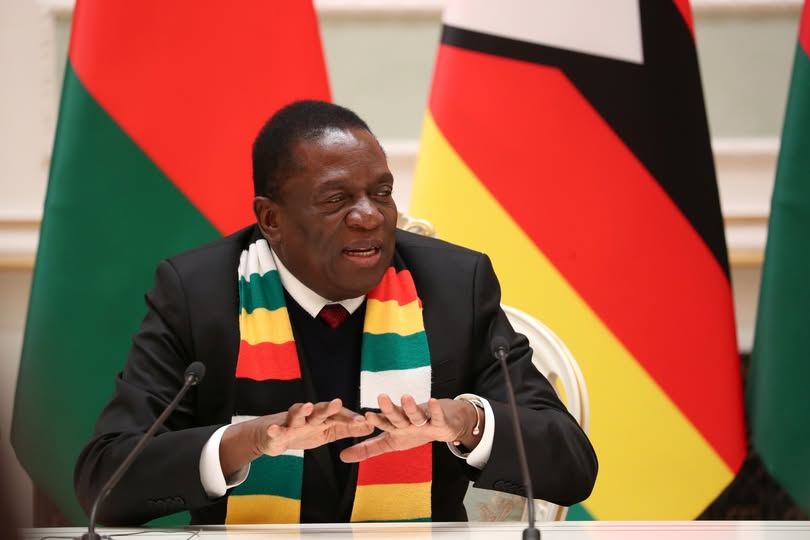The Zimbabwean government has disbursed US$3.1 million in compensation to former white farmers for improvements made on land acquired during the controversial land reform programme. The move marks a significant milestone in the country’s reform and re-engagement efforts, as it seeks to resolve a decades-long dispute that has hindered investment and strained international relations.
Announcing the payments, Deputy Chief Secretary in the Office of the President and Cabinet, Mr Willard Manungo, described the compensation as “yet another demonstration of the Government’s commitment to the country’s reform agenda.” The payouts, made under the Global Compensation Deed (GCD) signed in 2020, cover 378 processed farms out of 740 approved by the Land Compensation Committee. The US$3.1 million paid so far accounts for just 1% of the total US$311 million claim value for this batch.
Mr Andrew J. Pascoe, Chairperson of the Compensation Steering Committee and former president of the Commercial Farmers Union, described the moment as “momentous.” He noted that the first US dollar cash payments to signed-up Former Farm Owners (FFOs) were made on March 24, 2025. “After almost 20 years, we, as Zimbabweans, had been able to put aside our differences… and negotiated an agreement that laid the foundation for the payment of compensation,” he said, expressing hope that this progress would build local and international goodwill.
The balance of the compensation will be disbursed through US dollar-denominated Treasury bonds, which mature between two and ten years. These bonds will carry a 2% interest rate, are tax-exempt, tradable, and have been granted liquid and prescribed asset status.
The initiative forms part of a broader effort to resolve Zimbabwe’s longstanding debt and arrears issues, a prerequisite for unlocking international credit lines and fostering sustainable economic recovery. Finance Minister Professor Mthuli Ncube emphasized the wider implications of the compensation programme. “By settling our arrears, we can tap into long-term capital… crucial for infrastructure development and other significant investments,” he said. “This is not just crucial for the Zimbabwean Government; it also impacts our private sector, which faces restrictions from creditors.”
Earlier this year, in February, the government also paid out US$20 million towards the compensation of farms protected under Bilateral Investment Promotion and Protection Agreements (BIPPAs), whose owners were also affected by the land reform programme initiated in 2000.
The United Nations Development Programme (UNDP), a key partner in the process, has welcomed the progress. UNDP Resident Representative Dr Ayodele Odusola called the payments vital for restoring trust, advancing reconciliation, and rebuilding Zimbabwe’s agricultural sector.
The compensation programme is supported by the Structured Dialogue Platform (SDP), launched in 2022 to coordinate reform discussions with international creditors and development partners. The GCD initiative is a major component of the platform’s Land Tenure Reforms pillar, alongside Economic Growth and Stability Reforms and Governance Reforms. Co-chaired by the Office of the President and Cabinet, the Swiss Government, and the UNDP, the SDP seeks to build consensus around reforms necessary for Zimbabwe’s socio-economic transformation.
Swiss Ambassador to Zimbabwe, H.E. Stephane Rey, praised the development, saying the initial payments mark “a step in the right direction” and expressed hope for the full implementation of the GCD.
Zimbabwe’s Constitution stipulates, under Section 295(3), that compensation be paid only for improvements made on acquired land, not for the land itself. Despite ongoing fiscal pressures, the government says it remains fully committed to the programme. “We are very serious about this,” said Prof. Ncube. “Lifting these caps [from creditors] will facilitate access to foreign capital… and create meaningful jobs for our citizens.”
The government has allocated US$10 million in the 2025 National Budget for GCD-related compensation and has called on development partners to support the effort, which it sees as central to achieving its National Development Strategy 1 (2021–2025) and transitioning to Strategy 2 (2026–2030).
FOLLOW US ON:
ADVERTISE WITH US:
